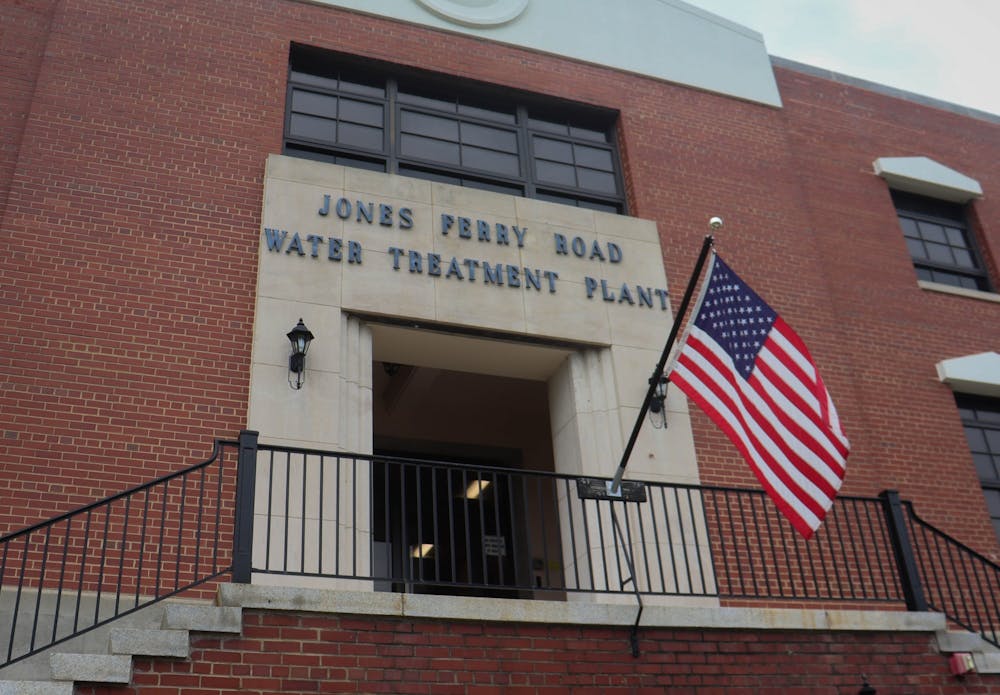In its most recent quarterly report released in October, the Orange Water and Sewer Authority said it would soon develop treatment technology to upgrade its water treatment plant and reduce the prevalence of PFAS in local water.
The report said this upgrade would take five years to design and build and would cost around $50 million. It did not expand on what exactly the upgrade or technology would include, but it said OWASA would continue testing for PFAS.
PFAS, or per- and polyfluoroalkyl substances, are a group of chemicals with many potential harmful effects found in at least 45 percent of tap water across the United States, according to a study by the U.S. Geological Survey.
Since 2018, OWASA has been testing for PFAS compounds in Chapel Hill and Carrboro’s two primary sources of drinking water — Cane Creek Reservoir and University Lake.
Katie Hall, OWASA’s public information officer, said of the 45 PFAS compounds they tested for, Cane Creek Reservoir was found to contain 11. After filtration, the drinking water still contained nine PFAS compounds.
Currently, OWASA is launching a pilot program to test different filtration systems to remove as much PFAS from the water as possible, Hall said.
“We have had a consultant use our water and run it through different technologies off site, but we want to implement that on site in a pilot program to then evaluate these technologies on site,” she said. “And then we'll choose a technology or possibly even a combination of technologies here.”
After new studies showed the negative health effects of PFAS, the U.S. Environmental Protection Agency came out with a regulation proposal earlier this year for how much PFAS can be in drinking water.
Sammy Slade, a member of the Carrboro Town Council, said he believes the EPA regulations are not enough to protect people’s health.



